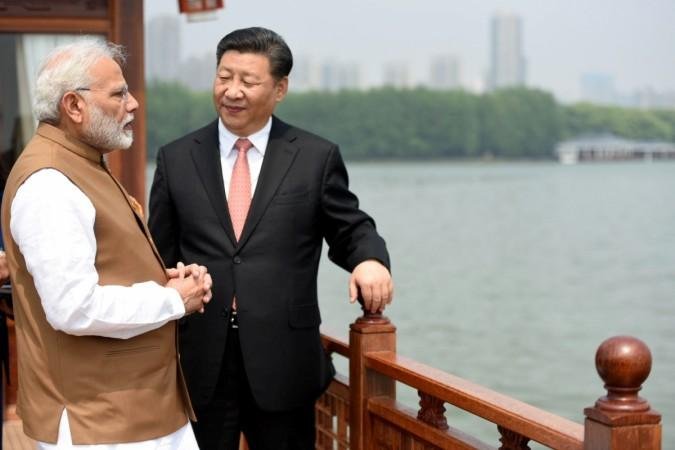The return of Donald Trump to the presidency is expected to significantly impact China-India relations, particularly in the context of U.S. foreign policy and its implications for regional geopolitics. Analysts suggest that Trump’s administration may enhance India’s strategic position against China, while also prompting a recalibration of Sino-Indian ties.
Trump’s previous term saw the strengthening of defence ties between the U.S. and India, marked by key agreements such as BECA and COMCASA, which facilitated intelligence sharing and military cooperation. With Trump back in office, there is anticipation of accelerated military deals and increased support for India in countering Chinese expansionism, particularly in the Indian Ocean.
The Trump administration’s focus on an “America First” policy may align with India’s economic ambitions, potentially fostering deeper economic ties through initiatives like “Make in India” and attracting U.S. investments. However, Trump’s protectionist stance could lead to trade tensions, especially if tariffs are imposed on Indian goods.
The U.S. is likely to encourage India to reduce its reliance on Russian military equipment amidst ongoing geopolitical shifts, particularly regarding Russia’s isolation due to its actions in Ukraine. This could further solidify India’s alignment with U.S. interests.
Despite past tensions, recent developments indicate a thaw in Sino-Indian relations, highlighted by a new border patrol agreement aimed at reducing military standoffs along the Line of Actual Control (LAC). This agreement is seen as a foundation for normalizing ties and mitigating U.S. influence in the region.
In light of Trump’s return, China is reportedly seeking to improve its relations with India as a countermeasure to potential U.S. pressures. Beijing’s outreach includes diplomatic gestures aimed at fostering cooperation and reducing tensions that could be exacerbated by U.S.-India alignment against China.
As both nations navigate their complex relationship, economic cooperation may become increasingly vital. China’s interest in accessing the Indian market could lead to enhanced trade ties that help buffer against any punitive tariffs from the U.S..
The Trump 2.0 era is poised to reshape the dynamics between China and India significantly. While Trump’s administration may bolster India’s strategic capabilities against China through enhanced defence cooperation and economic engagement, recent agreements between China and India suggest a willingness from both sides to manage their relationship more resiliently against external pressures. The evolving geopolitical landscape will require both nations to balance their interests carefully amid shifting alliances and strategic calculations influenced by U.S. policies.


